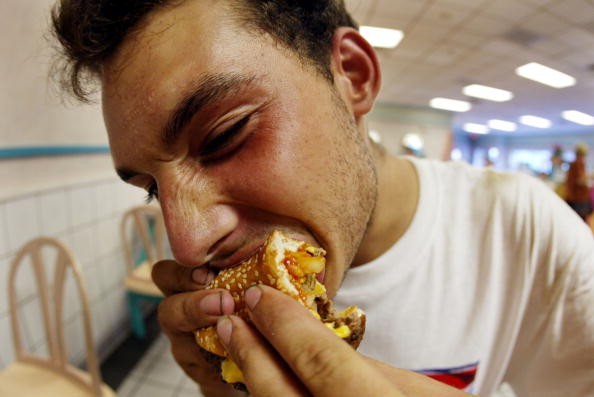
In a few years, more people will be queued for a liver transplant, but this time, the culprit will no longer be the bottle but the food.
One of the schools in the United Kingdom Newcastle University is now being groomed to be the main center for education on anything related to liver disease, and Dr. Quentin Antsee, its hepatologist who also works as a consultant, believes that in 2020, the number of people with non-alcoholic fatty liver disease will increase.
Fatty liver disease is a condition in which fat accumulates in the biggest internal organ of the body, and this may be caused by either drinking too much alcohol or overeating. According to Mayo Clinic, in most cases, this doesn't lead to any symptoms. In fact, this is one of the reasons why many people still remain undiagnosed.
If it's not controlled, over time, this can progress to scarring and inflammation of the liver, the same effect as when taking too much alcohol. It won't be a long while before the person undergoes liver failure and thus requires an organ transplant.
People with polycystic ovarian syndrome, type 2 diabetes, high cholesterol, obesity, and metabolic syndromes are at a higher risk of this kind of fatty liver disease. So do those who have undergone a gastric bypass surgery.
According to the consultant, the number of people with this fatty liver disease has just gone up to more than 300% over the last 40 years. This means that around 33% of those in the UK suffer from this condition.
Fortunately, this condition is controllable. Exercise, diet, and an ideal weight can significantly decrease the risk. It also helps to avoid alcohol as well as control diabetes and cholesterol levels.
The rest of the information about the research center and program is expected to be revealed before May ends.



